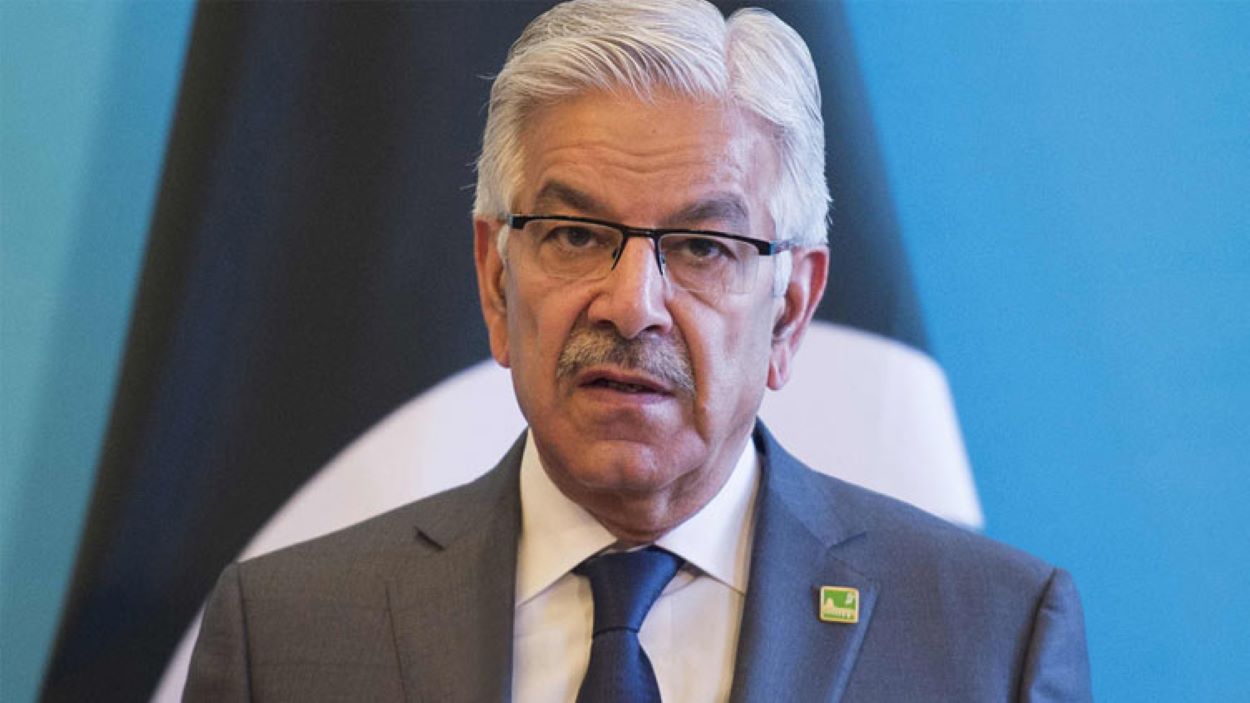On August 6, 2025, Pakistan’s Defence Minister Khawaja Asif sparked controversy by accusing the country’s senior bureaucracy of purchasing properties in Portugal to secure citizenship and plan comfortable retirements abroad.
In a statement posted on X, Asif claimed that over half of the bureaucracy is quietly investing in foreign real estate with funds acquired through corrupt practices. He specifically pointed out one bureaucrat, who is reportedly close to former Punjab Chief Minister Usman Buzdar, alleging that he received Rs4 billion in gifts (salami) at his daughter’s wedding, underscoring the extent of the alleged corruption.
Asif compared the actions of the bureaucracy with those of politicians, arguing that politicians often face unjust blame. He stated, “Politicians only receive what is left over by the bureaucracy and still get held responsible for everything.” He pointed out that most politicians avoid owning foreign properties or holding dual citizenship due to public accountability and the requirement to run for elections. Asif referred to the actions of bureaucrats as “shameful,” accusing them of “polluting our land” through their corrupt practices and lack of transparency.
وطن عزیز کی آدھی سے زیادہ بیوروکریسی پرتگال میں پراپرٹی لے چکی ھے اور شہریت لینی کی تیاری کر رہی ھے۔ اوریہ نامی گرامی بیوروکریٹس ھیں ۔ مگر مچھ اربوں روپے کھا کے آرام سے ریٹائرمنٹ کی زندگی گزار رہیں۔ بزدار کا ایک قریب ترین بیوروکریٹ چار ارب بیٹیوں کی شادی پر صرف سلامی وصول کر چکا…
— Khawaja M. Asif (@KhawajaMAsif) August 5, 2025The minister’s remarks come at a time of growing public frustration with governance and corruption in Pakistan. His allegations have sparked debates on social media, with some people supporting his call for accountability, while others are questioning the evidence behind his claims. His reference to property investments in Portugal highlights a broader trend of wealthy Pakistanis seeking foreign residency, often through investment-based citizenship programs. The assertion about a Rs4 billion wedding gift has particularly shocked observers, raising concerns about the unchecked accumulation of wealth among public officials.
Asif’s statement highlights systemic issues within Pakistan’s bureaucracy, raising questions about oversight and anti-corruption measures. The accusations could prompt investigations into officials’ financial dealings, especially those linked to foreign assets. However, without concrete evidence, the claims risk fueling political polarisation. The minister’s focus on bureaucrats deflecting blame from politicians also underscores tensions between elected officials and the administrative elite.






